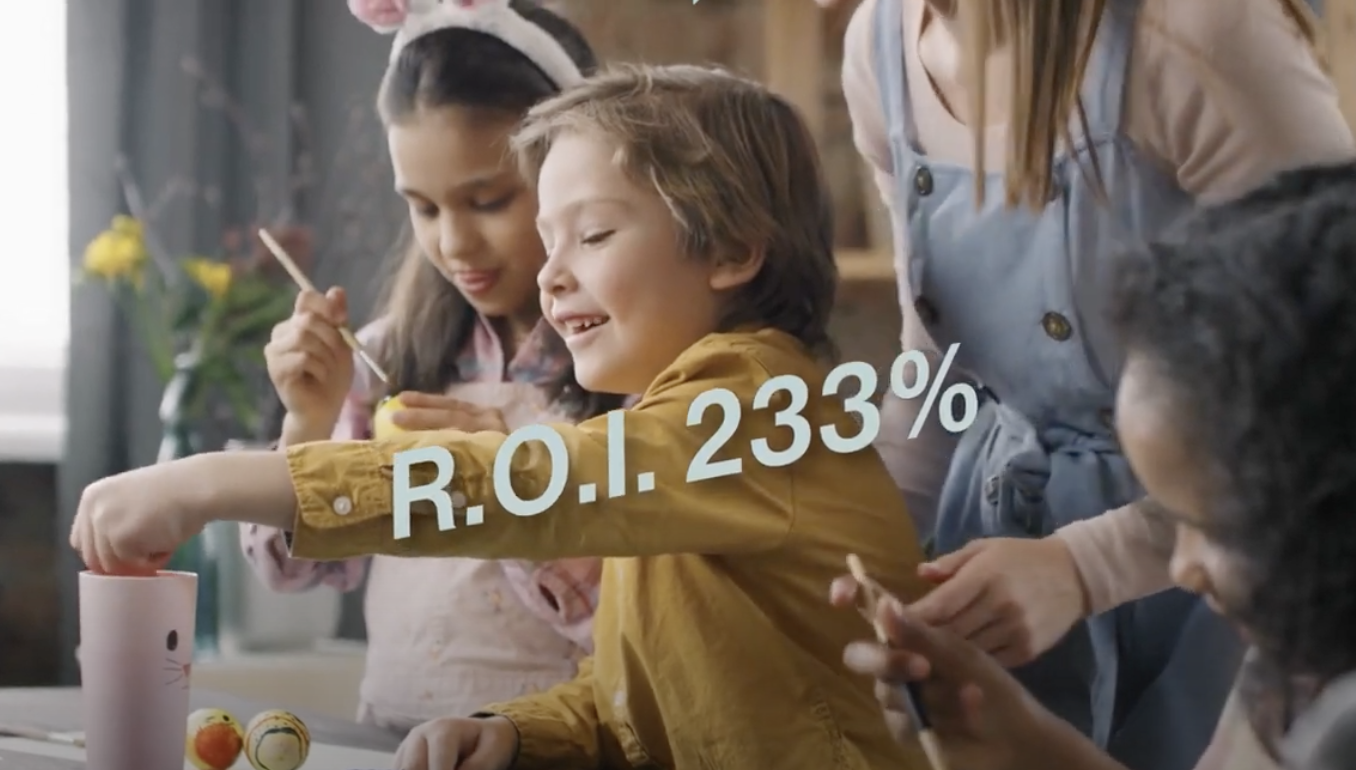The FTC recently released “Disclosures 101 for Social Influencers,” which has raised many questions from clients regarding what’s new? What’s changed? And most importantly, how does this impact my brand’s social media influencers? Instead of a paradigm-shifting game changer, this new document reinforces several best practices that our Legal and Influencer teams already have in place to protect our clients’ brands and the influencers we hire on their behalf.

Below are a few highlights that the FTC has confirmed through this document. Some may be surprises to you or your brand!
- Disclosures are not just limited to instances where influencers receive financial compensation from a brand.
Influencers are also required to disclose a partnership with a brand even if the influencer is only given a product or even a discount on a product. This holds true even if the influencer is not asked to post about the specific product they were sent or discounted for. Moreover, this requirement also extends to personal, family and employee relationships with the brand.
- Influencers are often hesitant to be too overt with their disclosures, particularly in videos, but the FTC has reinforced that the disclosure must be included in a manner that consumers cannot miss.
For video specifically, the FTC makes it clear that disclosures should be both within the video itself as well as in the description that accompanies it. In addition, they reinforce our position that, within the video, disclosure should be stated verbally and superimposed on screen as people are consuming content in many different ways that may cause them to miss one or the other.
Another surprise for some is the FTC’s guidance on live content, which is becoming more and more common with influencers. The FTC’s position is that the disclosure must be repeated periodically throughout live broadcasts as consumers can join at any time, and may miss the initial disclosure. It is imperative to discuss this point with influencers up front to ensure compliance given the real time nature of live content.
- The requirements for disclosure language allowable by the FTC may be another surprise for brands as certain disclosure terms have become so common that many brands and influencers assume they are required.
Including the “#” before the word, “ad” or “sponsored” are probably the most commonly used disclosures. While this is totally acceptable, the FTC has confirmed it is not necessary to include “#,” provided it is clear and conspicuous (not buried in the description).
As platforms like Facebook and Instagram have rolled out technology that allows influencers to tag brands as paid partners, questions often arise from influencers as to whether they need to include an additional disclosure within their post. Our position is that the paid partnership tools within Facebook and Instagram are not sufficient on their own and the FTC has confirmed they share the same position.
While using vague terms like “sp” or “#spon” have primarily died out, the FTC also reminds brands and influencers that for those outside the industry, even disclosing with “collab” “partner” or “ambassador” are not sufficient as it may be confusing and unclear to all consumers what such disclosures mean.
- Last on the FTC’s document, but certainly not least, is their direction on claims.
As a consultancy working with brands across many regulated categories such as health, wellness and spirits, several of the influencers we engage make claims about their experiences and results when using a product. It is imperative that in both verbal and written content influencers are not mistakenly making claims that the product will or will not have a certain effect or outcome that the brand has not proven to be true. In an industry that is all about sharing personal experiences and making product recommendations, this is especially important for those reviewing influencer content to be cognizant of: just because an influencer had a particular result or experience does not guarantee that their followers will, so their content must be worded carefully to ensure that is clear.
As social platforms evolve and new platforms emerge, the FTC guidelines will likely be ever-changing to keep up with such platforms, so please connect with me here regarding your influencer campaigns.



